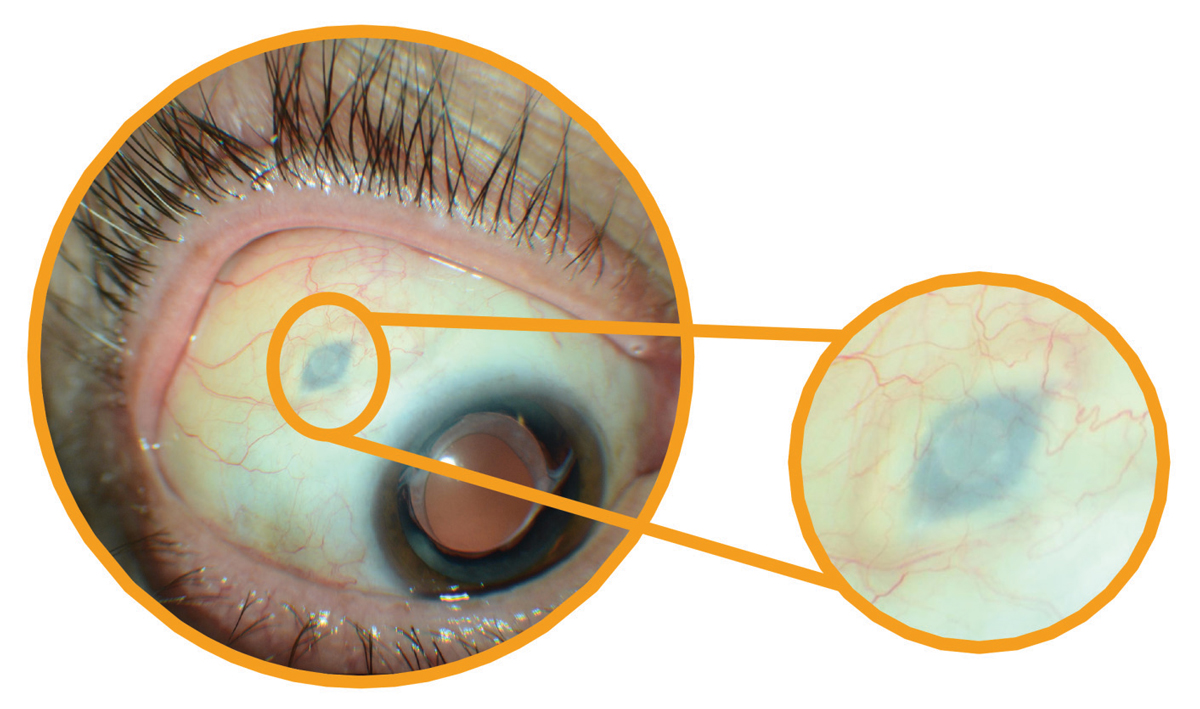 |
| The intravitreal implant Susvimo (100mg/mL ranibizumab injection, Genentech/Roche) has re-entered the market after being recalled in 2022. Click image to enlarge. |
Patients requiring monthly injections for wet AMD were offered a more convenient alternative in 2021 when the first sustained-release drug delivery system was approved for the disease, requiring just two refills a year. Roughly a year later, the intravitreal implant Susvimo (100mg/mL ranibizumab injection, Genentech/Roche) was recalled to address production issues involving the device seal, the primary concern being leakage into the vitreous. The device has since been updated, and as of today, Susvimo is back on the market for the treatment of wet AMD following its FDA approval, a company press release says.
Since the recall, “Genentech has updated the Susvimo implant and refill needle, and testing confirmed that they now meet these performance standards,” the press release states. “Manufacturing process improvements were also implemented.”
The Susvimo implant is surgically inserted into the eye during a one-time, outpatient procedure, the company press release explains. Between treatments every six months, the device is designed to dispense ranibizumab—which plays a critical role in the formation of new blood vessels and the leakiness of the vessels—into the vitreous in a controlled manner.
Jessica Haynes, OD, a consulting faculty member at the Southern College of Optometry in Memphis and optometrist at Charles Retina Institute in Germantown, TN, comments, “Advances in long-term delivery systems for patients with exudative AMD are always exciting, as they attempt to mitigate burden of treatment and the obstacles of frequent injections from this patient population.”
Mohammad Rafieetary, OD, a colleague of Dr. Haynes’ at the Charles Retina Institute, notes that their institution is about to begin recruitment for a clinical trial that will investigate the safety, tolerability and efficacy of zifibancimig (VEGF-Ang2) using ranibizumab as a comparator, both administered through the port delivery implant, which may offer clinicians additional insights on the performance of the novel treatment approach.
The most common adverse reactions from the Susvimo implant were reported as subconjunctival hemorrhage (72%), red eye (26%), sensitivity to light (23%) and eye pain (10%). Genentech adds in the press release that these are not all the possible side effects of Susvimo.
For more information, go to www.susvimo.com.


